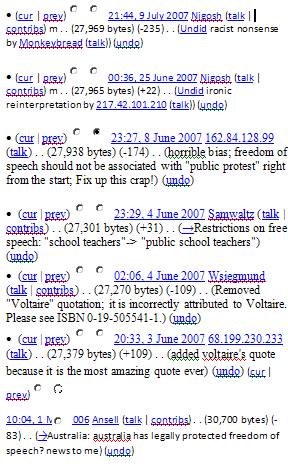- Facebook256
- Total 256
Last year, reporters from the LA Times, including Jeff Gottlieb and Ruben Vives, won the Pulitzer Prize for uncovering a staggering scandal in the small city of Bell, which is within Los Angeles County. The LA Times learned from public records that several Bell officials were paying themselves exorbitant salaries. The City Manager was taking home $1.5 million, including salary and benefits. They were paying themselves more for serving a poor community of about 35,000 people than their counterparts would earn in big cities.
The story led to federal prosecutions and a recall election that replaced the city’s whole power structure. The basic facts had been on the public record, but someone had to look for the information and then spread the word. That is a traditional job of the press, and the LA Times did its job for Bell, CA.
But, as Mary Lou Fulton and Fiona Morgan have both noted, this story has a sadly ironic aspect. How could a basic fact like the City Manager’s salary go unknown for many years? The major metropolitan daily newspaper, the LA Times, had cut its newsroom staff so deeply that they were no longer covering small municipalities like Bell. Meanwhile, the suburban weeklies and outlets for citizen journalists (such as community blogs) don’t do “enterprise reporting”: collecting new information on public issues. So, in a sense, the LA Times got a Pulitzer for addressing a gap in its own coverage.
I do not mean to rain on the parade of the LA Times. The problem is systemic and industry-wide. See also this post on the media ecosystem in Baltimore, and this one on media reform, broadly.
